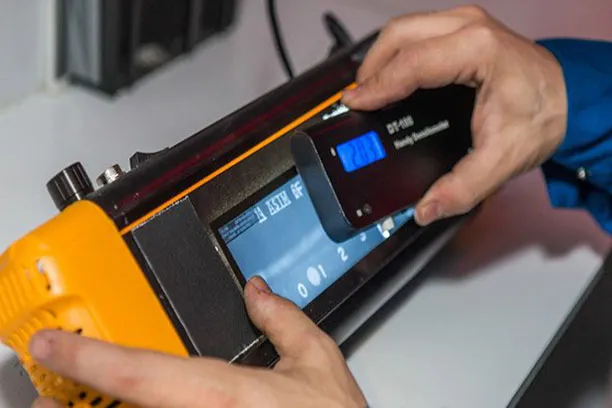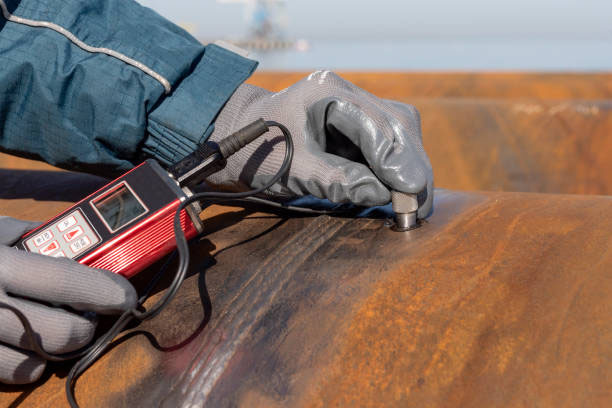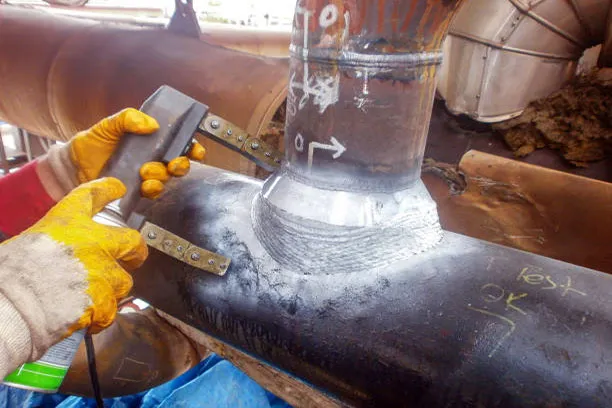Eddy Current Testing (ECT) stands out as a sophisticated and invaluable technique within the realm of Non-Destructive Testing (NDT). This method capitalizes on the principles of electromagnetic induction to scrutinize conductive materials meticulously, pinpointing surface and near-surface defects with remarkable precision. In the dynamic landscape of modern industry, where safety, efficiency, and quality are paramount concerns, mastering ECT is indispensable for professionals entrusted with ensuring the integrity and reliability of critical components and structures.
This comprehensive course on Eddy Current Testing is meticulously crafted to equip participants with an in-depth understanding of the underlying principles, operational intricacies of equipment, nuanced inspection techniques, and the art of interpreting test results. By delving into both theoretical foundations and hands-on practical demonstrations, participants embark on a journey towards proficiency in ECT, poised to tackle diverse challenges across a spectrum of industrial applications.
At the heart of Eddy Current Testing lies electromagnetic induction, a fundamental concept in physics. As alternating current passes through a coil, it generates a fluctuating magnetic field. When this coil is brought into proximity with a conductive material, such as metal, eddy currents are induced within the material. These eddy currents, in turn, create their own magnetic fields, interacting with the original field and manifesting detectable changes when anomalies are present in the material.
Understanding the intricacies of equipment operation is pivotal in harnessing the full potential of ECT. Participants will delve into the workings of specialized probes, instrumentation, and data acquisition systems. Through immersive practical exercises, they will gain proficiency in configuring equipment parameters, optimizing inspection setups, and troubleshooting common issues encountered in the field. Mastery of equipment operation forms the cornerstone of conducting efficient and effective inspections.
Beyond theoretical knowledge and equipment operation, this course emphasizes the development of keen inspection techniques tailored to diverse industrial contexts. Participants will learn to navigate the intricacies of probe selection, scanning methodologies, and signal analysis techniques. From detecting minuscule cracks in aerospace components to assessing corrosion in pipelines, participants will hone their ability to adapt ECT methodologies to suit specific inspection objectives with finesse.
Interpreting test results is the culmination of theoretical understanding, practical proficiency, and analytical acumen. Through real-world case studies and simulated scenarios, participants will unravel the complexities of deciphering ECT data. From distinguishing benign indications from critical flaws to quantifying defect dimensions and characterizing material properties, participants will emerge equipped with the expertise to make informed decisions crucial for asset integrity management.
As industries evolve and technologies advance, the demand for skilled practitioners proficient in Eddy Current Testing continues to soar. Whether in aerospace, automotive, manufacturing, or energy sectors, the ability to conduct thorough and reliable inspections without compromising operational efficiency is a hallmark of excellence. This course not only imparts technical expertise but also instills a mindset of continual learning and innovation, empowering participants to stay ahead in an ever-evolving landscape of non-destructive testing methodologies.
In conclusion, this comprehensive course on Eddy Current Testing transcends mere instruction; it is a transformative journey towards mastery. Armed with a profound understanding of principles, adeptness in equipment operation, proficiency in inspection techniques, and a keen eye for interpreting test results, participants emerge as stalwarts in the realm of non-destructive testing, poised to uphold the highest standards of safety, quality, and reliability in industrial endeavors.









